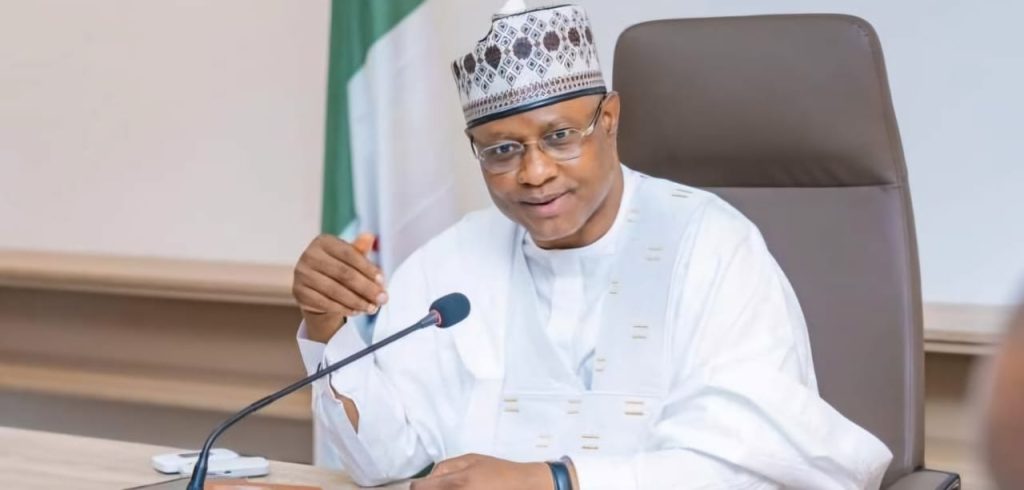The Debt Management Office (DMO) in Nigeria has laid the blame for the country’s high debt profile on years of operating budget deficits by successive governments. According to the Director-General of the DMO, Patience Oniha, most of the deficits have been funded through local and external borrowing. In 2015, the deficits in annual budgets, including supplementary budgets, were at N1.62 trillion. However, they rose to N10.78 trillion in 2023.
Mrs. Oniha remarked that if revenue had been increased or expenditures had been decreased, this trend could have been avoided. She advised the incoming government of Sen. Bola Tinubu to prioritize revenue generation. She stated that the government should include the perennial budget deficits in the planning of the Medium-Term Expenditure Framework (2024 – 2026) and the 2024 budget. She further added that the government should accelerate the growth in revenues to ensure debt sustainability.
Nigeria’s debt profile stood at N46.25 trillion in December 2022. This was an increase of almost seven trillion Naira from the 2021 debt figures. The total public debt stock comprises the domestic and external debt stocks of the Federal Government, the 36 state governments, and the Federal Capital Territory. The total domestic debt stock was N27.55 trillion ($61.42 billion), while the total external debt stock stood at N18.7 trillion ($41.6 billion).
However, the public debt figures excluded the N22.7 trillion Federal Government’s indebtedness to the Central Bank of Nigeria (CBN) through Ways and Means advances. The Senate has already securitized the Ways and Means advances, which are awaiting concurrent securitization by the House of Representatives before they are included in Nigeria’s public debt stock.
In conclusion, Nigeria’s years of operating budget deficits, among other things, have resulted in significant debts for the country. To curb this trend, the government must prioritize revenue generation and control its spending to ensure debt sustainability.



